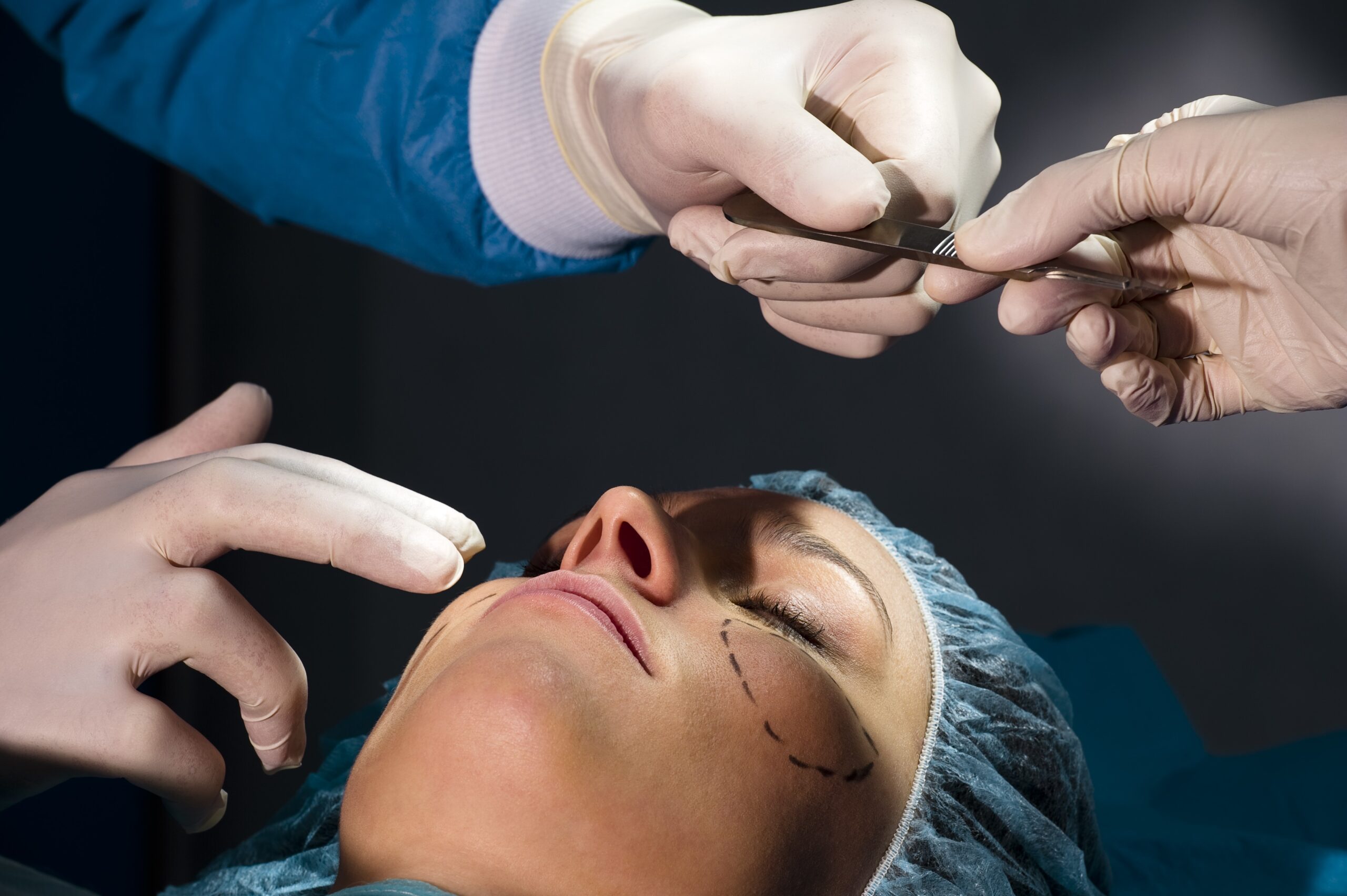In our work as personal injury lawyers, we sometimes come across trends or patterns emerging in personal injury claims. For example, we’ve recently achieved success in a number of work injury claims regarding inguinal (groin) hernias caused, or materially exacerbated by, heavy lifting at work.
As part of our due diligence in providing expert advice and professional services in hernia claims, we recently revisited relevant case law on inguinal hernia workers compensation.
We found that the Workers Compensation Commission (Commission) case of Eric Dickson v Midcoast County Council t/as Midcoast Water [2017] NSWWCC 197 highly relevant, and we note the following:
- In Mr Dickson’s case, the employer had directed him to engage in awkward heavy lifting during the excavation of a drainage/sewer pit requiring him to be leaning over a bar at around the level of the hernia for extended periods, while lifting and twisting heavy things.
- It was accepted by the medical experts in this case – Dr Hopcroft (for the worker) and Associate Professor Myers (for the insurer) – that many people, in particular men, suffer from undiagnosed hernias, and that not all hernias can be attributed to exertion.
- However, the medical literature referred to and relied upon by Associate Professor Myers (e.g. “the 2011 article”) nevertheless indicated that up to 11% of all such hernias occurred on a background of trauma or exertion.
- In this case, the worker did not have any symptoms of any underlying hernia but had gone on to develop symptoms within two weeks of the above-mentioned heavy, awkward lifting at work.
- In his reasons for decision, the Senior Member stated:
“…I accept the evidence of Dr Hopcroft to the effect that, although the applicant may have had some pre-existing weakness of the abdominal musculature or tissues that rendered him vulnerable to inguinal hernia, he may well not have developed a hernia for many years but for the exceptionally and unusually arduous work… I accept and agree with Dr Hopcroft’s opinion that the temporal proximity between that heavy work and the development of “discomfort” strongly supports the conclusion that such work did in fact cause or aggravate and render symptomatic the hernia and I further accept that the delay of some two weeks between the work activity and the appearance of the lump is not inconsistent with that conclusion, this being to some extent supported by the protocol proffered in the 2011 article for the acceptance of work-related hernia claims. I further accept the evidence of Dr Hopcroft that, for the reasons stated, it is more probable that the hernia was caused by the work activity…”
- The Commission found in favour of the worker, determining that the workers employment was a substantial contributing factor to the development of the inguinal hernia.
- The Senior Member also leveled some criticisms against both the insurer and their chosen doctor, Associate Professor Myers as follows:
“it causes me some disquiet that the insurer engaged him in circumstances where it could be reasonably certain that it knew what opinion he was going to express, that opinion being a general and universal one unrelated to the circumstances of any particular case. This seems somewhat inconsistent, at least in spirit, with the objectives of [the Act], which emphasise the independence and impartiality expected of a doctor.”
“While the criticism implicit in these remarks is more properly directed to the insurer, the fact remains that Professor Myers had formed his opinion before he had even seen the applicant and, by reason of its universal and general nature, nothing told to him by the applicant was going to change it.”
“In short, I do not accept that the literature relied upon by Professor Myers provides a scientific basis for a positive conclusion that there is no possible causal association between exertion and the development or aggravation of an inguinal hernia. On the contrary, I consider that the literature taken as a whole does admit of the possibility of such a connection.”
In our experience, insurers continue to deny hernia claims based on expert opinions such as that of Associate Professor Myers. Thankfully, we can refer to and rely upon the precedent set in Eric Dickson -v- Midcoast County Council t/as Midcoast Water [2017] NSWWCC 197 in support of genuine work-related hernia claims. It is our hope that highlighting these issues will prompt insurers to carefully consider their choice of independent medical examiners in future to avoid wasting public funds in having these decisions challenged before the Commission.
For more information on inguinal hernia workers compensation cases, contact the team at The Law Office of Conrad Curry today.










